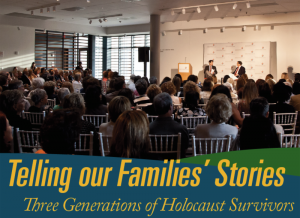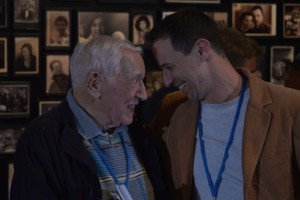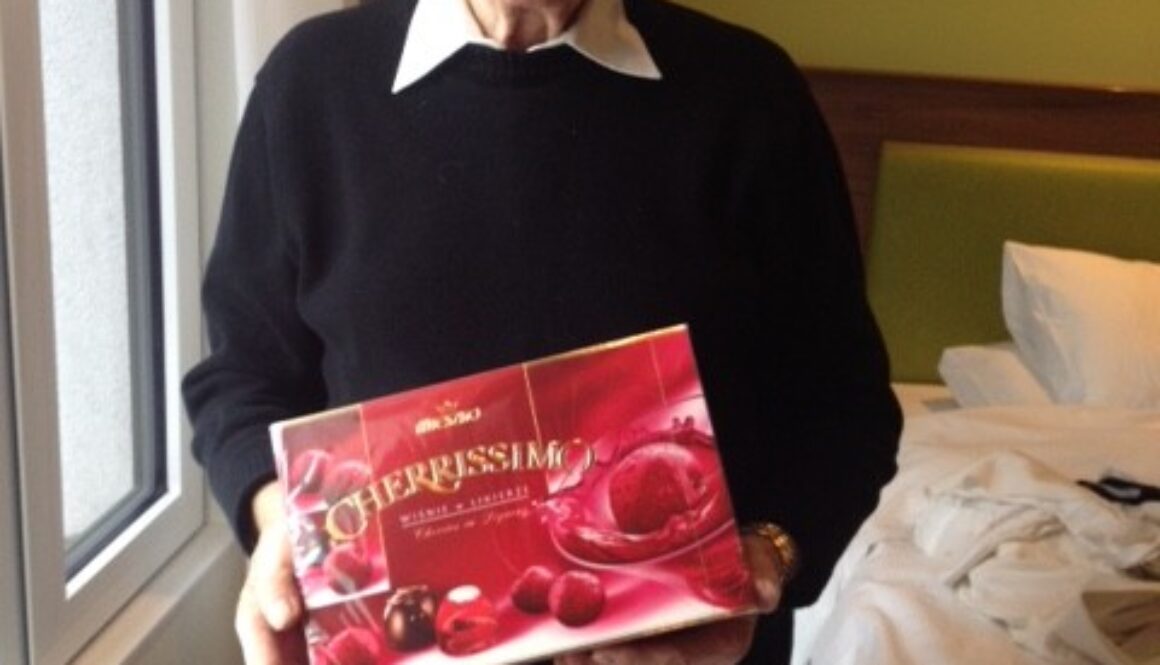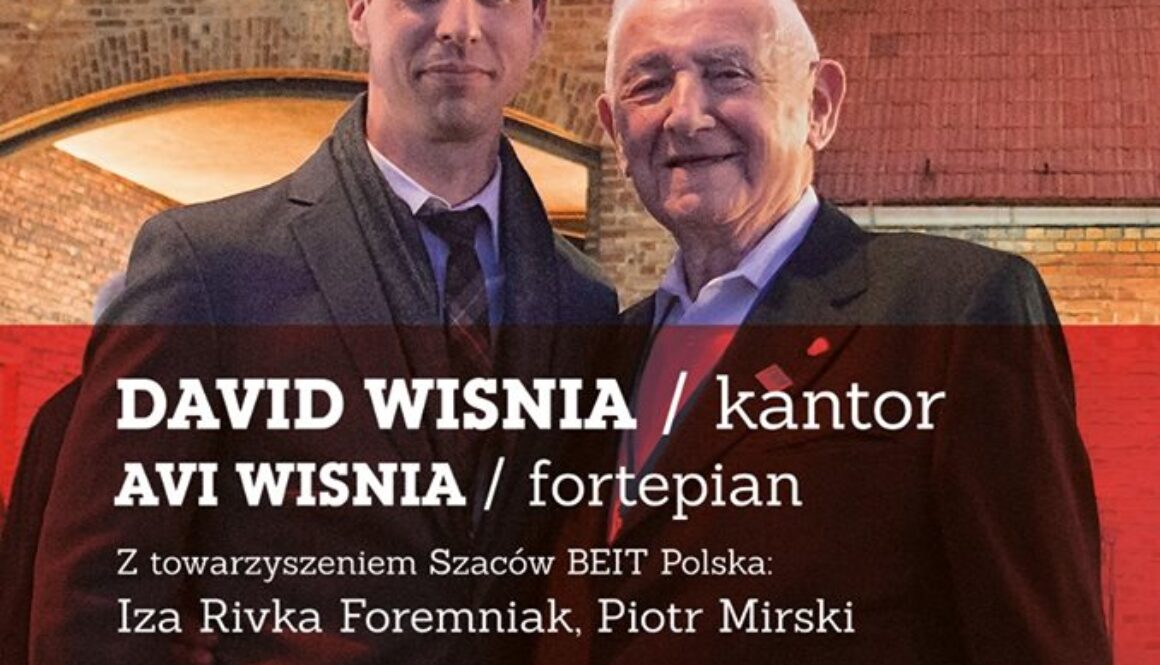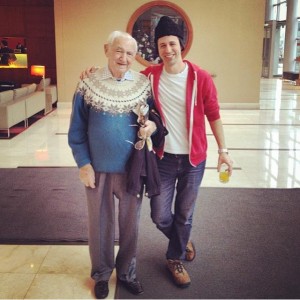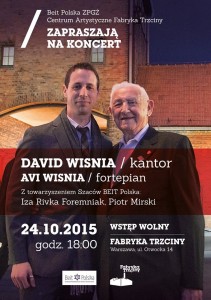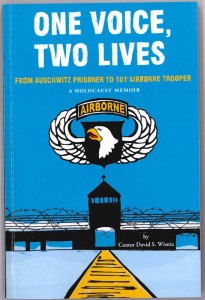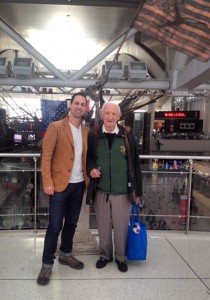
I think we look pretty good for traveling half way around the world, performing a few concerts, and spending days walking around Auschwitz. It is a credit to the amazing friends and strangers we encountered along the way who welcomed us and took care of us. It is also a credit to my grandfather’s sense of humor. During our dinners at the Auschwitz conference, my grandfather would joke, “You know, I never ate this good the first time i was here.”
My grandfather especially was glad to be back in the United States. I know he is grateful for everything this country has afforded him, how it gave him a second life. Throughout his entire time as a prisoner in Auschwitz, he always told himself he would make it to America. He would repeat over and over in his mind the addresses memorized from letters his mother had sent to her sisters, his Aunt Rose and his Aunt Helen in New York, the only family he knew he had left. Everything he knew in Poland had been taken away, destroyed, erased, so he had looked to the future. He gave himself a future.
We put our luggage in the shuttle van and got in alongside Charles, a business man who had also been traveling internationally. He was heading to his home not too far from my grandparents’ house in Levittown. Charles did not know what he was in for. Charles spotted my grandfather’s Screaming Eagles jacket. “Are you army?” Yes, my grandfather was a member of the 101st Airborne. After escaping from the death march, my grandfather wandered aimlessly for days on his own until he miraculously crossed paths with a platoon of American soldiers who were rolling through, on a tour of liberation through Germany. They adopted David, calling him Little Davey. He became their interpreter, their mascot, and their little brother. He became one of them, learning English and watching the war from the other side, watching this army barrel through town after town, seeing white flags of surrender from the German population. My grandfather would finally arrive in 1946 on a ship in Hoboken New Jersey, dressed head to toe in his soldier’s uniform, well-fed, his pockets full of money that he had earned employed by the army.
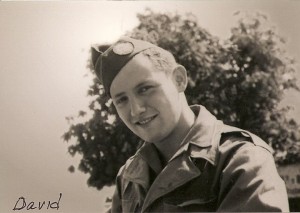
My grandfather spent the entire ride down the NJ Turnpike talking to Charles. They bonded over famous tenors. Charles was familiar with the cantor Moshe Koussevitsky who had coached my grandfather as a boy. They started singing together in the van. With my grandfather, there is always singing.
“This is incredible, I can’t wait to tell my wife about you. She’s gonna flip out. I take this shuttle all the time, and i’ve never had a van ride like this. I can’t wait to tell her.” He matched eyes with my grandfather, and he looked grateful. “You are the first Holocaust survivor I have ever met.”
My grandfather’s house was the first stop, and we took our time getting our luggage out from the back. There was almost no light left outside. We had barely finished saying goodbye to Charles as he took out his phone. I could hear his voice as he called his wife, the van doors still open as we rolled the luggage up to my grandparents’ house. I guess he really couldn’t wait to call his wife.
“Dorothy, let me tell you, you’re gonna flip out. I just met the most remarkable man…”
Yes, he did.
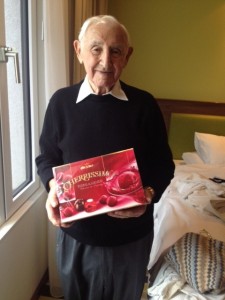
Thank you for sharing our journey. It has meant more than I can say.
My grandfather’s memoir is now available at www.onevoicetwolives.com.
Read a featured article about the trip and my grandfather’s book HERE.
*To keep reading My Polish Wisnia, click through to the next chapterPoland Part III – Prelude, Auschwitz 75
#MyPolishWisnia
